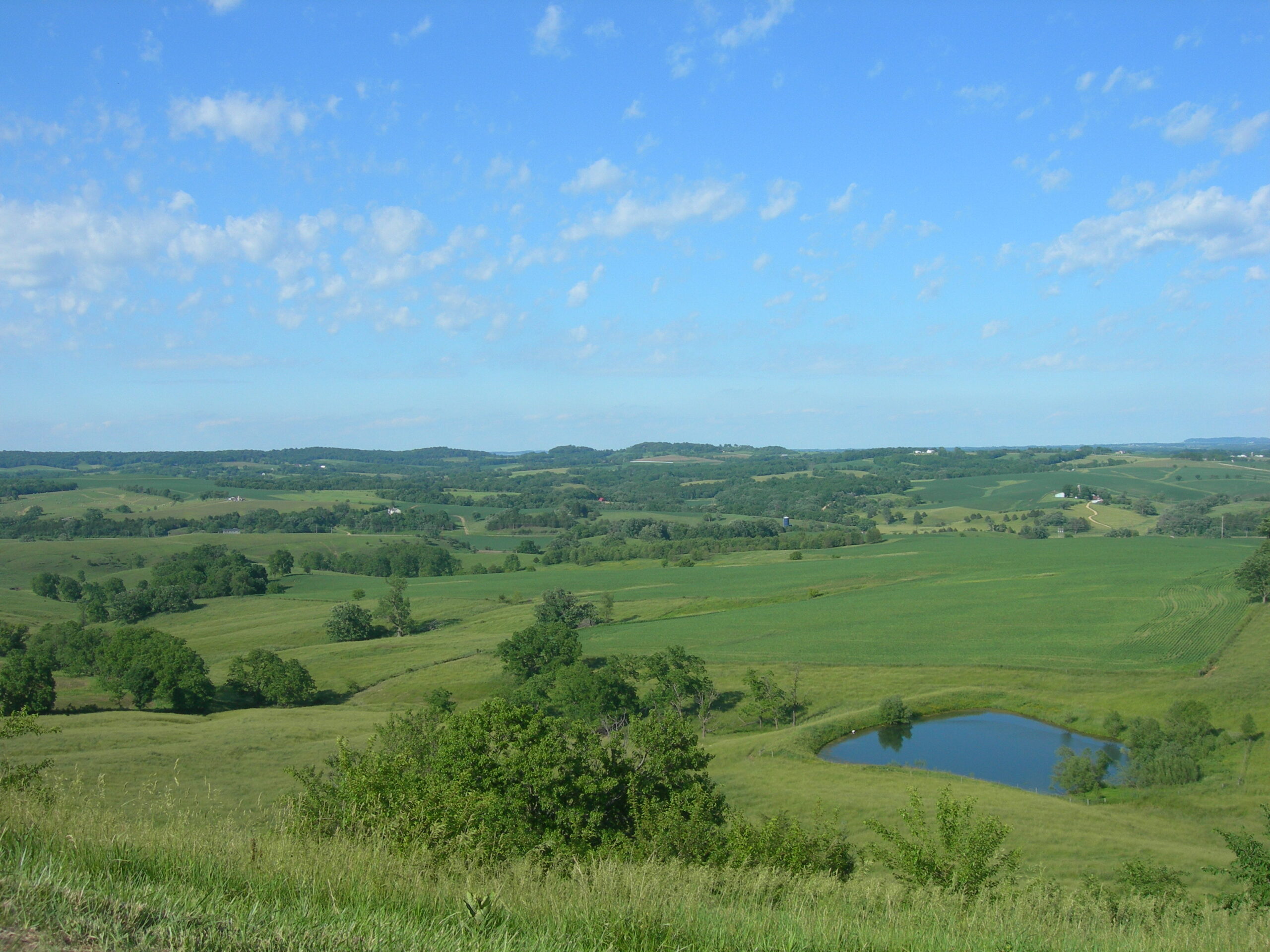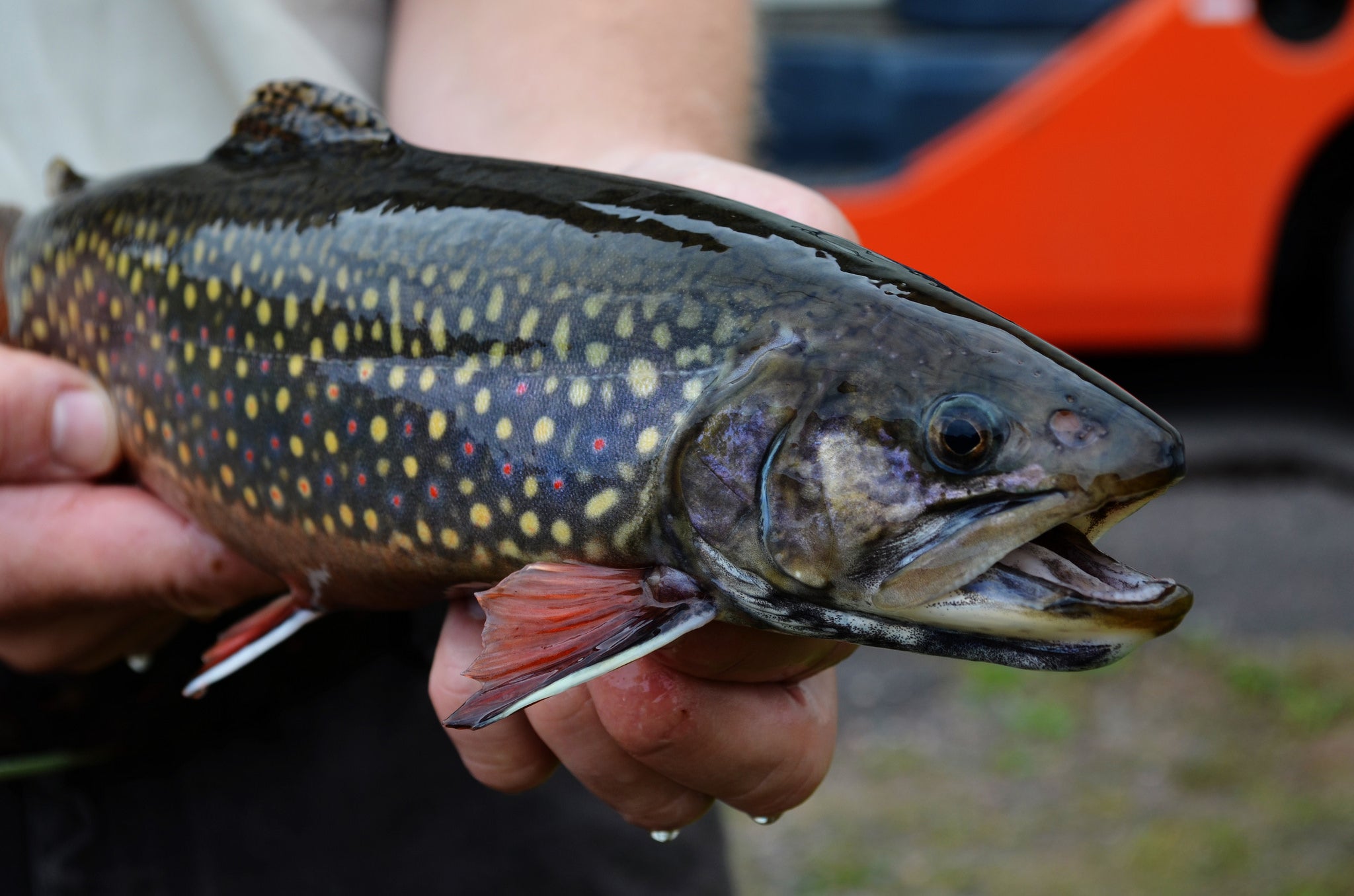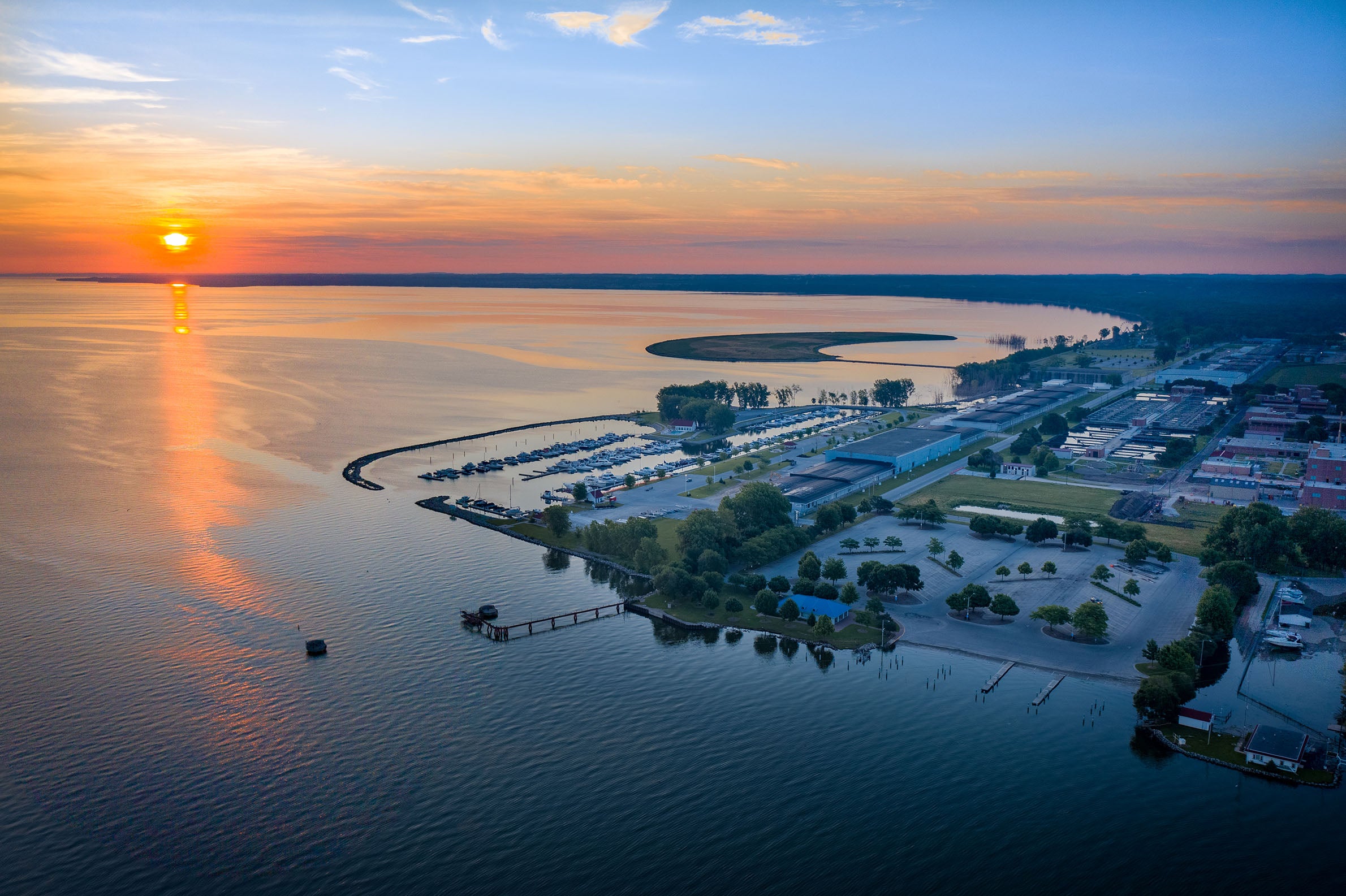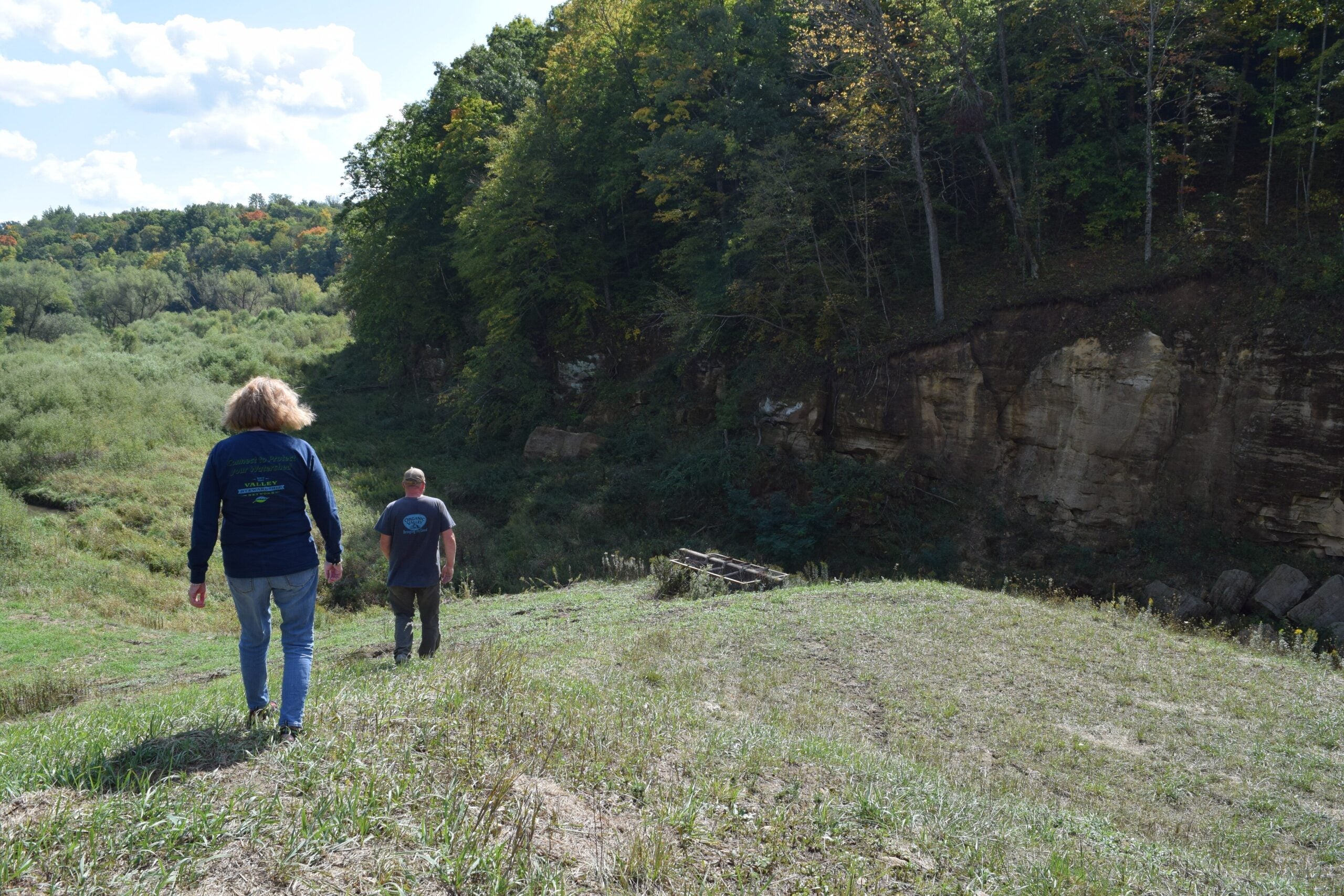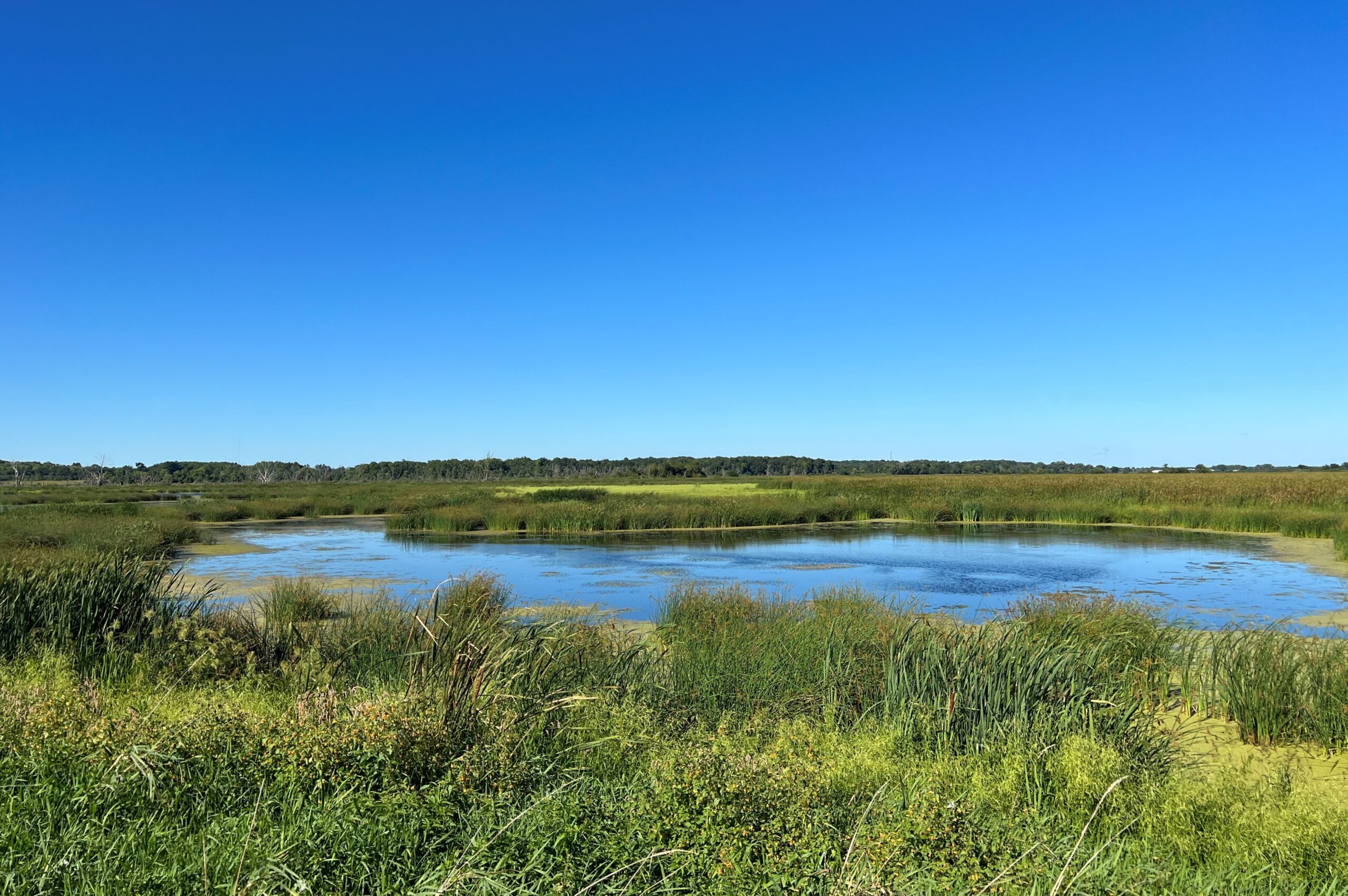Climate change and land use are some of the top concerns for environmental groups and government agencies in an area that runs along the Mississippi River.
Officials from four states converged in La Crosse for the Driftless Area Symposium, to learn about land and water issues in the unique geographical region.
One concern is the decline of federal conservation funds for farmers. For years, farmers have received money to plant vegetation along the hilly region’s stream banks that can soak up runoff better than row crops.
Stay informed on the latest news
Sign up for WPR’s email newsletter.
Trout Unlimited’s Jeff Hastings is the Driftless Area Restoration Effort project manager, and helped organize the event. He says without the funding, it is more lucrative for farmers to return to row crops.
“So the loss of that perennial vegetation, the chance to slow that water down and allow it to infiltrate and go to a more row-intensive, like corn or soybeans…We’re going to see a lot more erosion and a lot more runoff. That will directly affect our trout streams and our water quality.”
Driftless Area officials are also concerned about climate change and how it will affect streams and trout populations.
Matt Mitro is a coldwater fisheries research scientist with the Wisconsin Department of Natural Resources. He says they have been able to identify which streams will be least affected by rising temperatures and will likely put their resources into those streams.
“If we spend our money wisely and how we manage land around those areas, stream restoration issues and so forth, maybe we can build resiliency into those streams and help protect those populations going forward.”
The Driftless Area Symposium also focused on invasive species and frac sand mining.
Wisconsin Public Radio, © Copyright 2024, Board of Regents of the University of Wisconsin System and Wisconsin Educational Communications Board.

